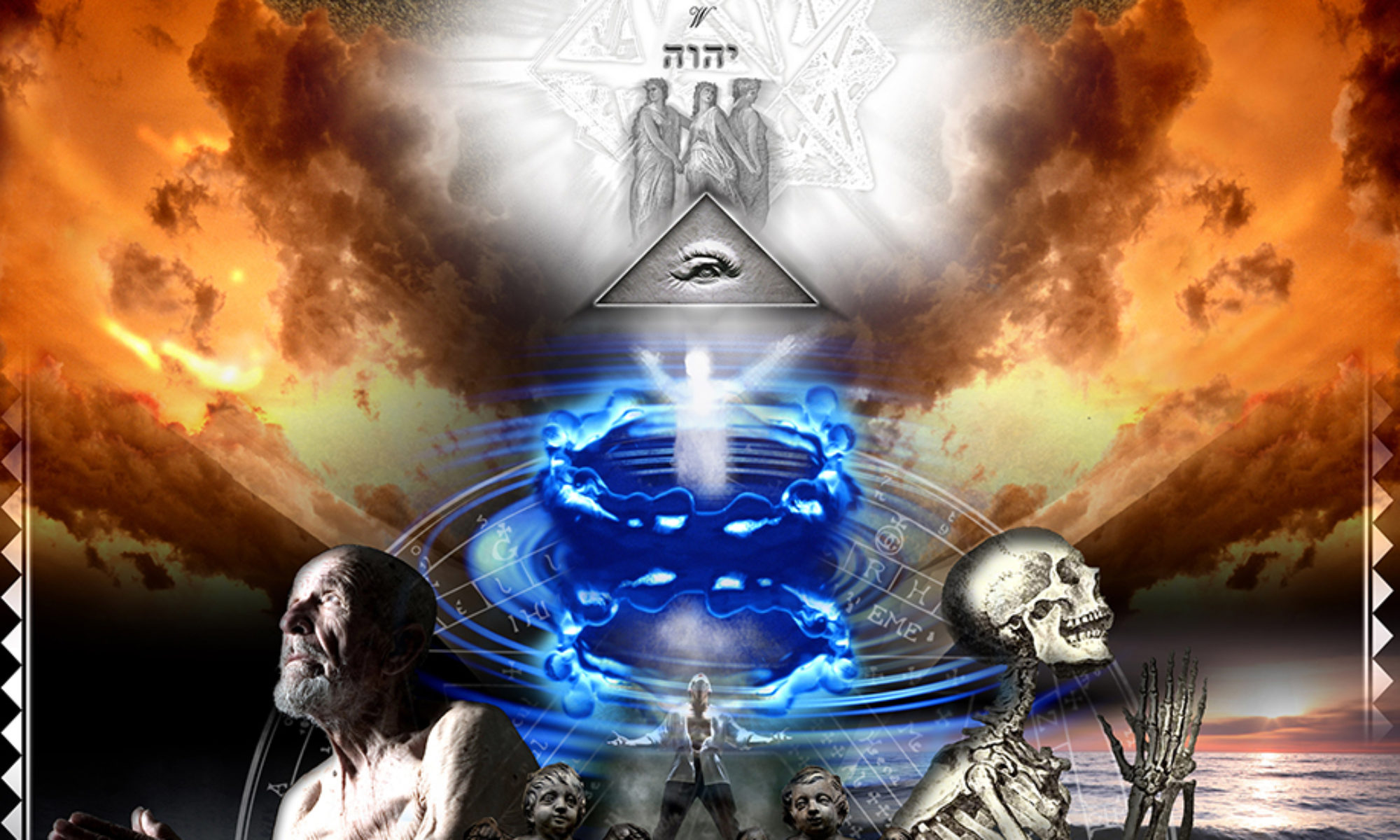Change is an endemic aspect of the universe.
We’re born, we grow, we live, we die, and the great solar circle turns in the heavens and gravity holds our bones to the earth. But, even these two elements of universal constancy are subject to change. Luminary balls of fusion energy form and break apart and the internal engines of molten iron cool and stop turning.
Everything changes.
As people, I think we get caught up in the idea that we want peace and perfection only to become unhappy and irritated at the boring blandness of it all. We say we want stability, but isn’t that really just a metaphor for an imprisoned existence?
As a species, our penultimate punishment for a criminal is to lock them up in a small cell with three square meals daily, fresh water always at the tap, reasonable climate accommodation (not to hot and not to cold) and some form of daily entertainment, albeit probably not what they would themselves choose to be entertained by.
This is life without change. Is this not what we seek when we cry out at the pains of something new forced upon us?
I know I do. I resist. I struggle. I spit, scratch, cry and fight at the first sign of change that didn’t come from my own hand.
What doers the Hermetic texts tell us about change? It says:
Nothing rests; everything moves; everything vibrates
That everything is in motion, nothing is static. That motion is change. Maybe its subtle, slow, imperceptible and invisible to the naked eye. Maybe it’s all at once and with such force that it feels as if the very universe is doing it’s very best to make different everything around you, almost as if you were going to die.
Sometimes, that’s what it takes to get through something. Sometimes it’s that piece of ourselves that needs to die in order for us to be ready for that next thing, that next challenge.
I say this on the heels of being in the middle of a process of change that I struggled against. My mind wanted that jail cell of uniformity and familiarity. Sure, my lips would say otherwise and I would tell my conscious self that I was ok with what has been going on. But my mind… My mind wanted (and still does) to keep things from vibrating into that next state of being. It refuses to let go of what is a fast evolving state of human development and my unwilling mind of the selfish ego is not taking well to the change.
But, like it or not, that piece of my existence needs to die. Not the physical death, but no less painful and excruciating to undergo.


